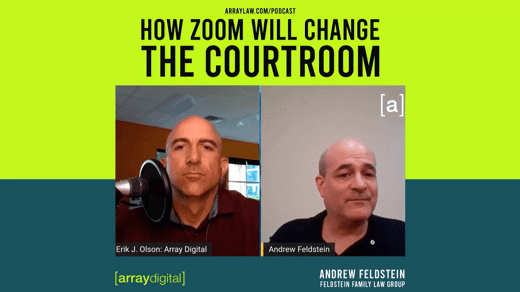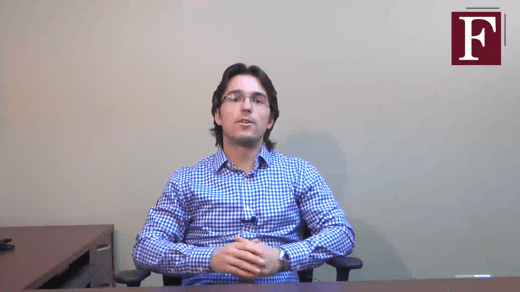Hi, my name is Shana Gordon-Katz and I am an associate at the Feldstein Family Law Group. Today I will be discussing how family law in Ontario deals with a spouse who decides to take early retirement either during or after separation.
The problem of retirement post-separation is best illustrated through an example. Bob and Jane have been married for 30 years when they separate. At the time of separation, Bob is 55 years old and makes an income of $300,000.00 per year. Jane is a stay at home mother and has not been employed outside of the home since the parties married. Bob and Jane have two adult, independent children.
In this example, Jane is entitled to spousal support for an indefinite duration (subject to a material change) due to the parties’ lengthy marriage. If one-year post-separation, Bob were to retire voluntarily and bring a motion to change support, he may still be imputed with his former income for the purposes of calculating spousal support. This is because he is capable of working and has decided to retire at an early age.
This principle was recently illustrated in the Ontario Superior Court of Justice case, Walts v Walts. In that case, the court determined that when applying the material changes test to the facts of an early retirement case, the question for the court to consider is whether the retiree’s choice to retire early should be viewed as a material change in circumstances for the purposes of spousal support. The court then reviewed case law, such as Bullock v Bullock, wherein the court held that retirement at the age of 62 is not a basis for finding a material change.
Ultimately, the court held that, failing evidence that the retiree is unable to work or was forced to retire, the retiree’s motion to change should not be successful. With that being said, if for example a payor spouse becomes entitled to begin receiving their pension when they turn 65 and are asked to retire, the payor spouse may be more likely to succeed in a motion for change.
Another factor in cases where a spouse becomes entitled to receive their pension, is whether division of the pension asset occurred as part of the equalization of net family property. If the pension was considered for the purpose of equalization, the recipient may not be entitled to share in the income from the pension earned during the marriage, as this is considered “double dipping.” For further information on “double-dipping”, please see the blog on our website entitled “Non-Recurring Income.”
If you require further information regarding retirement and separation, or simply want to consult with a lawyer regarding retirement planning through a separation, please contact us at 905-581-7222 to schedule your free initial consultation.



